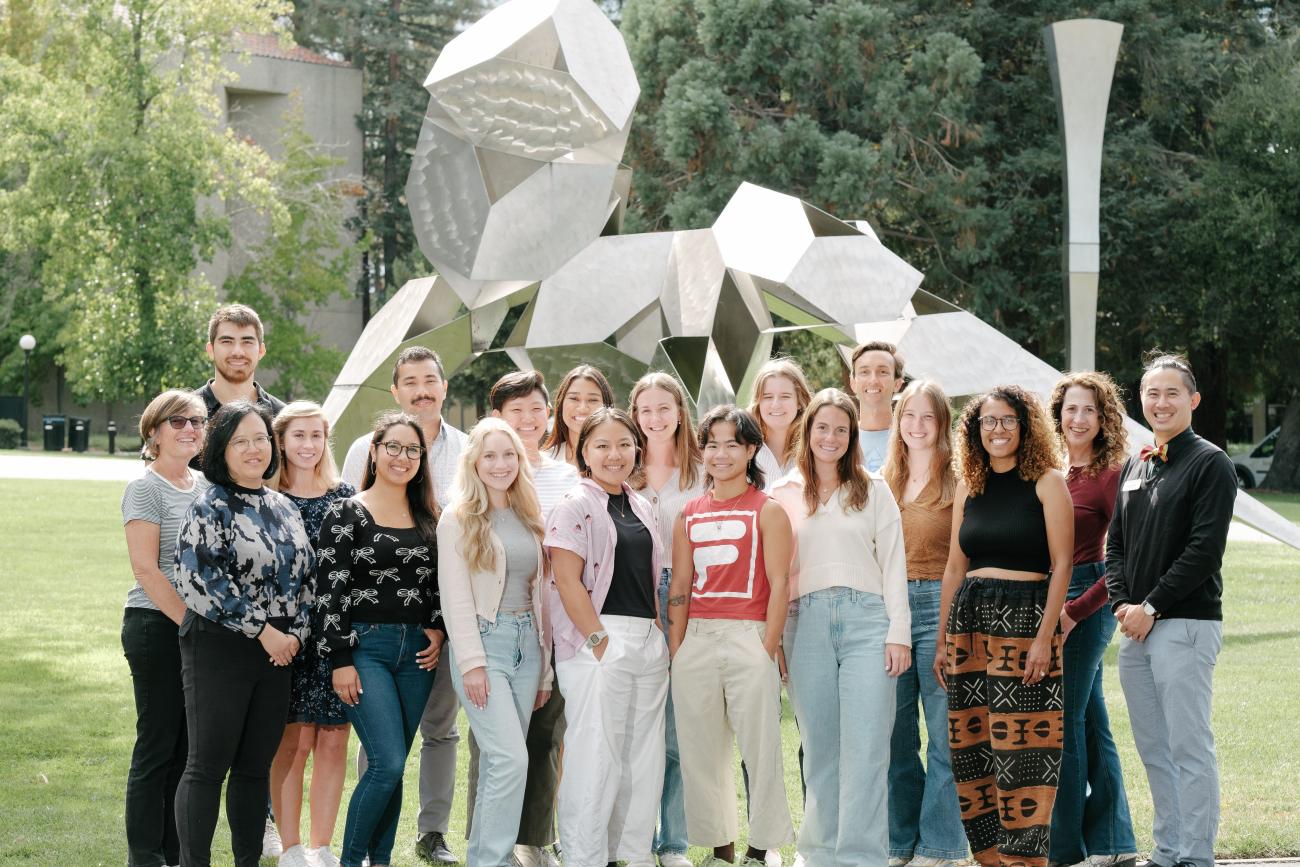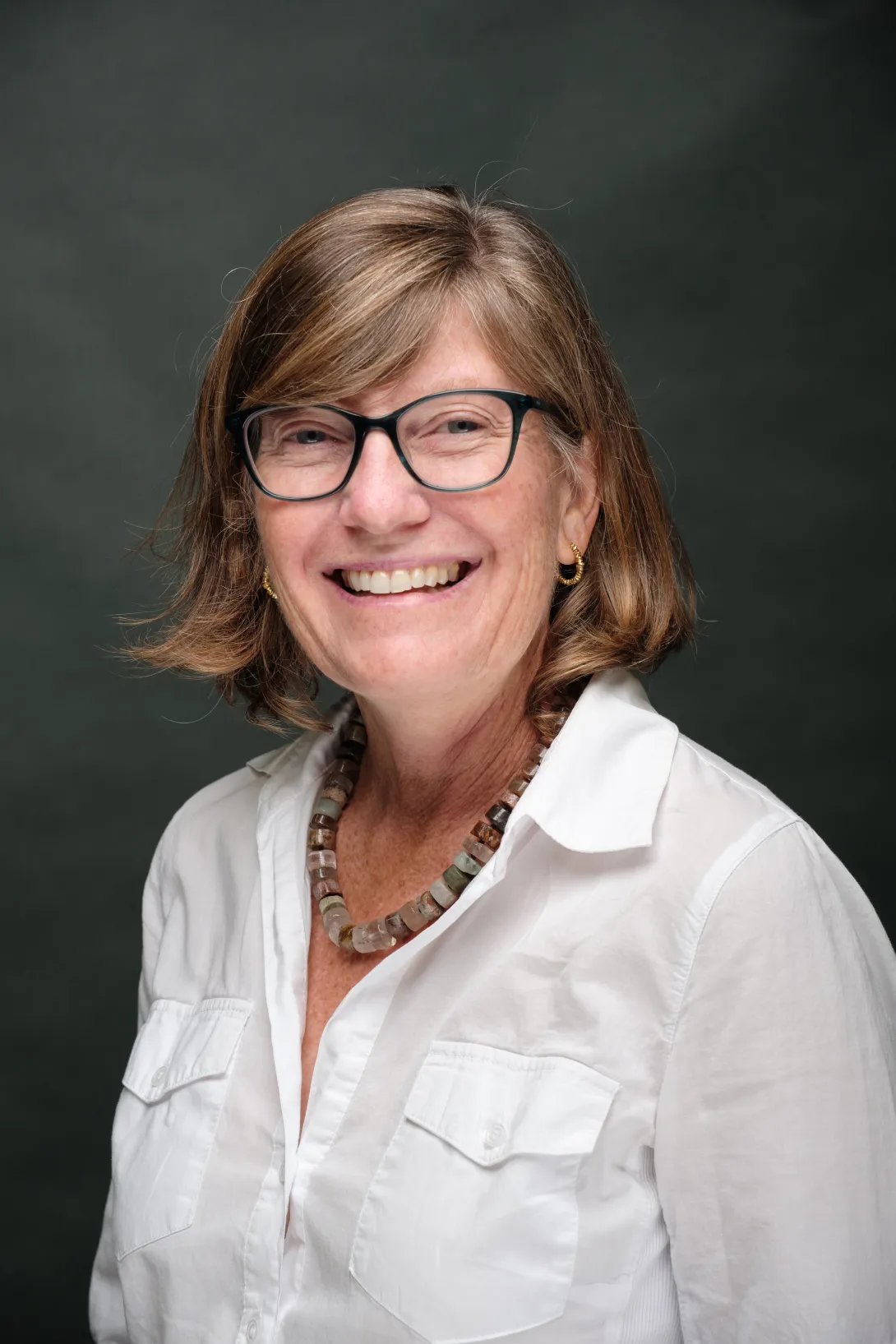
Stanford GSE’s POLS program celebrates 20 years of producing leaders in education
When former Stanford Graduate School of Education (GSE) Dean Deborah Stipek worked with faculty to create a new master’s program back in 2004, the goal was to fill gaps in the training needed for emerging roles in education.
“In the olden days, if you wanted to be in education as a practitioner, you were either a teacher, a principal, or a district leader,” said Stipek, who is also the Judy Koch Professor of Education, emerita. “When we looked at the terrain of education at the time, the master’s-level positions were now very varied and diverse.
“You had all kinds of layers in the field of education that hadn’t been there before, at least not in large numbers,” she said. “Suddenly you had school reform organizations, state governments, charter schools, and other programs all looking for leaders with strong educational backgrounds.”
Their answer to supplying this growing demand? The GSE’s Policy, Organization, and Leadership Studies (POLS) program, which started as a way to produce leaders who could collaborate across sectors for the betterment of education.
First led by founding faculty director and professor emeritus Debra Meyerson, along with associate professor emeritus Steve Davis, the program has gone on to produce more than 500 professionals working at the intersection of educational policy, organization, and leadership.
“We founded POLS because we thought it was important for there to be explicit programming for students at the GSE to focus not just on individual and organizational leadership, but also the policy efforts required to influence systemic change,” said Meyerson, who is now the co-founder and co-chair of Stroke Onward, a nonprofit that provides resources for stroke survivors and their families.

Ann Jaquith, POLS’ current director and a senior lecturer at the GSE. (Photo: Ryan Zhang)
The program has evolved over the years to include a project that gives students the opportunity to specialize in an interest, and create a community of graduates that network and support one another.
“I see the POLS program as one that’s about teaching students how to lead change in education and become the sorts of leaders the education field needs now,” said Ann Jaquith, POLS’ current director and a senior lecturer at the GSE.
“What’s really powerful about that is that everyone in the program shares this strong passion and commitment to do better for some group of people in the education field.”
This year POLS celebrates 20 years by looking back at the accomplishments of past graduates, and modernizing its vision to equip leaders of the future.
Creating systemic change
When Jodi Anderson, Jr., BA ‘21, MA ‘22, enrolled in the POLS program he was trying to figure out how to effect change that would impact entire organizations and institutions, like the United States education system.
“There’s a lot of discourse around the problems that affect the educational system, and you need that critique, but until you have a more nuanced understanding of how those systems interact with each other — from finance, to how school systems are set up, to how governments interact with those systems, who the key decision makers are — you can’t identify points of entry,” said Anderson, who is the co-founder of Rézme, an edtech platform that supports economic and social mobility for socio-economically disadvantaged citizens.
“POLS puts you into direct contact with the people who can pull levers,” Anderson said. “And our cohort consisted of people who were actual operators, people who had been in the school system.”
Anderson found that the program’s combination of knowledge, theory, and practical skills aided his cohort in discovering their best approaches to being changemakers.
“POLS students are very much about systemic change and are individuals driven to learn how systems work,” said Nereyda Salinas, who was POLS’ first staff program director, and is currently assistant dean for professional development at the GSE.
“It’s a really unique program because students take these history courses from a practical perspective to understand and appreciate the past, and avoid repeating the same mistakes, while being hopeful for the future,” she said.

Jodi Anderson, BA '21, MA '22, is the co-founder of Rézme, an edtech platform that supports economic and social mobility for socio-economically disadvantaged citizens. (Photo: Ryan Zhang)
A spirit of entrepreneurship and problem solving
In addition to the shared purpose of creating positive systemic change, the “L” in POLS often attracts students looking to start new businesses.
For Sean Mendy, MA ‘10, joining POLS meant finding a way to lead in a way that creates educational opportunities for under-resourced students.
“I grew up here in Silicon Valley and saw the amazing things that were happening, and also saw there were a lot of people who weren’t accessing the things that made this place special,” said Mendy, who is the founding partner of Westbound Equity Partners, an investment platform that invests in companies serving underrepresented consumers. “Some of the more talented people I knew floundered because they missed out on certain supports, and I became obsessed with addressing that.”
His firm, which he co-founded in 2019 with three other partners, including two Stanford Graduate School of Business alumni, commits 50% of net proceeds to causes that support opportunity gaps for underrepresented U.S. talent.
“I went to POLS thinking reform was the only path to addressing social issues, but learned about the role of nonprofits in this work and I zeroed in on addressing the racial wealth gap through venture capital,” Mendy said.
“I think what was special about POLS was the variety of people who want to effect change in education in different ways, whether that be through policymaking, school leadership, finance, or starting a business.”
The multidisciplinary program is focused through the POLS project, a requirement that allows students to work with organizations and nonprofits to address a specific issue in education that connects with what they plan to do after graduation.
“We consider difficult, multi-faceted problems that lack a single, simple answer,” said Jaquith, who’s led the program since 2021. “Using conceptual lenses from multiple disciplines, POLS graduates understand complicated educational challenges more completely and ask important questions.”

Former GSE Dean Deborah Stipek says POLS students have created a "pretty deep and broad network of people in various fields.”
A global network of leaders
Graduates of the program have gone on to fill an array of roles, including those in consulting, business, finance, higher education, government, and policy, among others.
“The POLS graduates take care of each other, because there’s a strong sense of affiliation with the program,” Stipek said. “So many POLS graduates have been hired by previous graduates because they’ve created this pretty deep and broad network of people in various fields.”
Each year POLS students develop strong relationships within their cohort and connections to educational leaders and alumni, a tradition Jaquith plans to develop moving forward.
“Every year I meet some POLS graduates who are cooler than the years before,” Mendy said. “It’s great to know there are people who care about education, but are committed to being leaders across industries and approaching the issue from many different angles.”
Faculty mentioned in this article: Debra Meyerson , Deborah Stipek , Ann Jaquith



